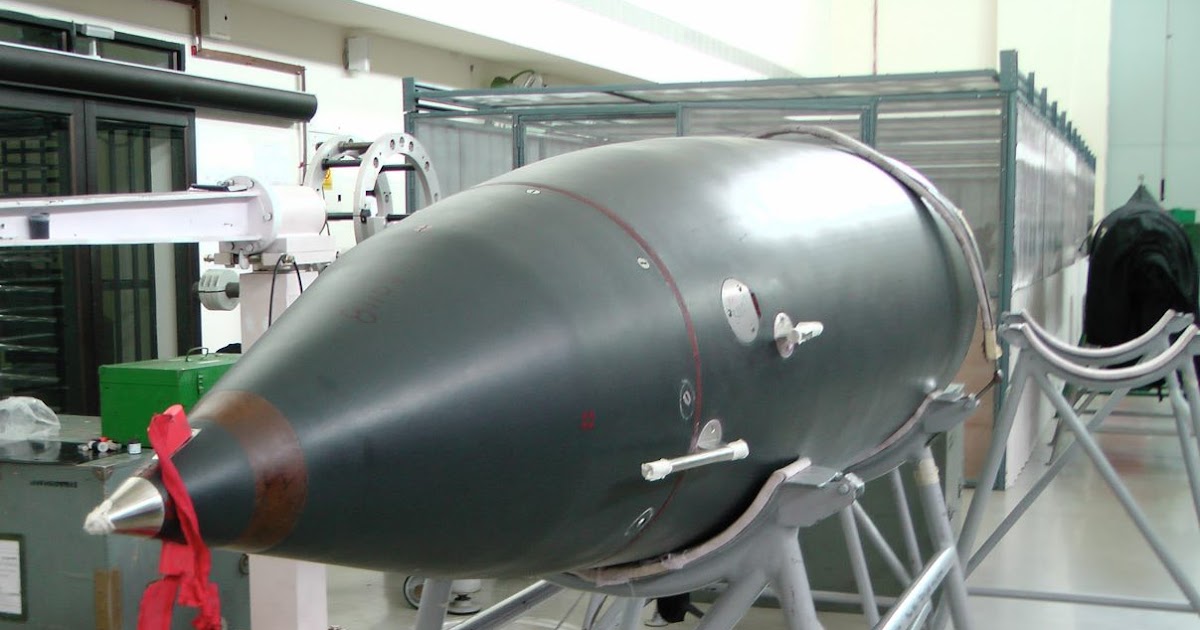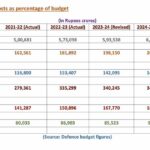
A carbon fiber radome on an Indian ballistic missile, which can withstand extremely high re-entry temperatures
By Vikas Gupta
Defence News of India, 21 Mar 23
Carborundum Universal Limited (CUMI), a private sector pioneer in materials science, announced on Monday that it has signed a “Licensing Agreement for Technology Transfer” (LAToT) with the Defense Research and Development Organization (DRDO) for the manufacture of ceramic radomes used in aerospace and missile systems.
Ceramic radome technology is considered worldwide as an essential advanced technology for ballistic and tactical missiles and high performance aircraft. Missiles experience extremely high surface temperatures when passing through the atmosphere and when re-entering the atmosphere from space. To withstand these temperatures, the missile radomes at the tip of a missile are made of ceramic.
“Designing ceramic radomes for defense activities requires deep expertise and rigorous testing at every stage to ensure reliability and accuracy,” CUMI said in a statement today.
The ceramic radomes were developed entirely locally by the Imarat Research Center (RCI), one of the main DRDO laboratories of the Dr. APJ Abdul Kalam Missile Complex, which developed India’s missile arsenal. RCI spearheads R&D in a wide range of avionics systems for missiles and aerospace applications.
“With our strong heritage of being in the materials science industry for nearly 70 years, CUMI is honored to play a role in shaping India’s destiny by contributing to a strong and self-sustaining defense sector. Our operations are carried out entirely in India – from mineral sourcing and processing to research and testing,” said Subbu Venkatachalam of Carborundum Universal Limited. “
CUMI has extensive experience in designing lightweight ceramic ballistic solutions, such as body armor, using Zirconia Dipped Alumina and Silicon Carbide. CUMI’s lightweight ceramic materials are also used to provide high levels of ballistic and explosion protection for armored vehicles.
CUMI is one of the first Indian companies to produce the miracle material – graphene – for aerospace and defense applications. CUMI’s advanced composite technology is also used for the construction of unmanned aerial vehicles (UAVs).
RCI is India’s premier laboratory for research and development in the technologies of control engineering, inertial navigation, imaging infrared seekers, radio frequency seekers and systems, on-board computers and flight software. assignment.
CUMI, which was established as a three-party joint venture in 1954, is a leading provider of materials science engineering solutions. CUMI’s consolidated revenue is Rs 3,300 crore and profit after tax is Rs 333 crore for the financial year 2022.
CUMI has more than 5,500 employees worldwide who collaborate, innovate and develop high-quality material solutions and services in abrasives, electrominerals, ceramics, refractories and energy storage materials, serving customers of various industries. CUMI’s geographic presence spans six continents and its products are exported to more than 50 countries.






